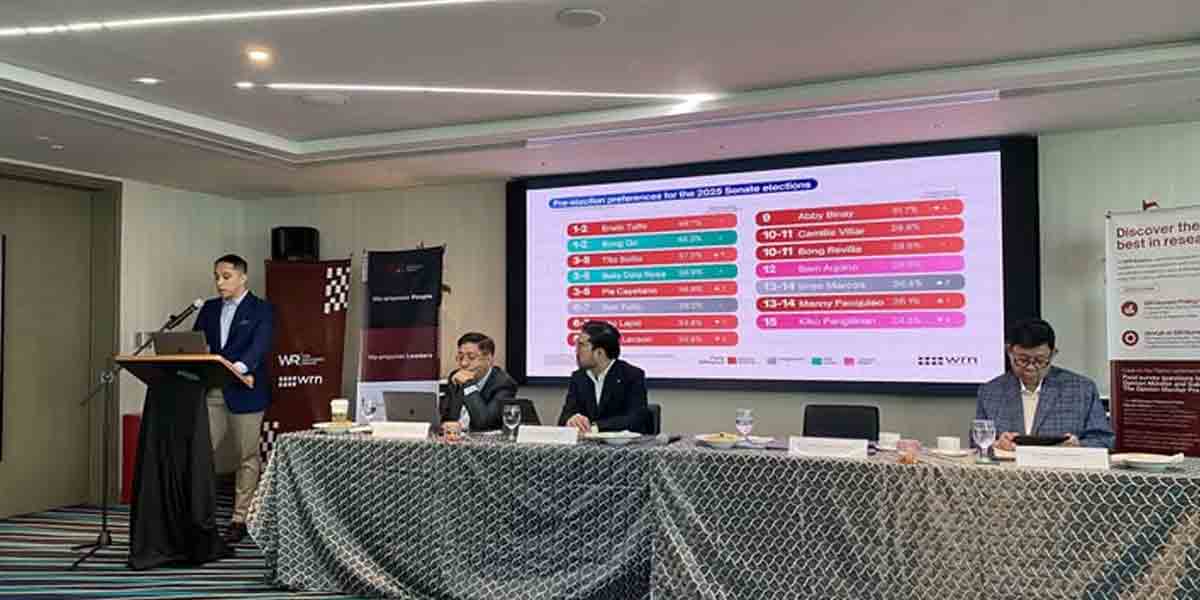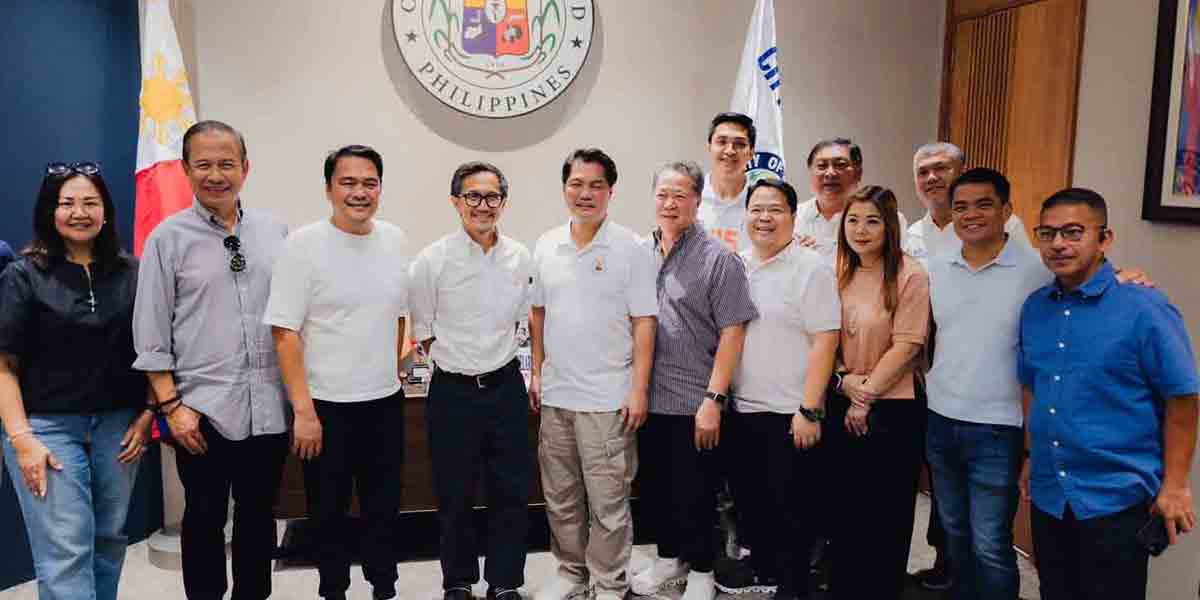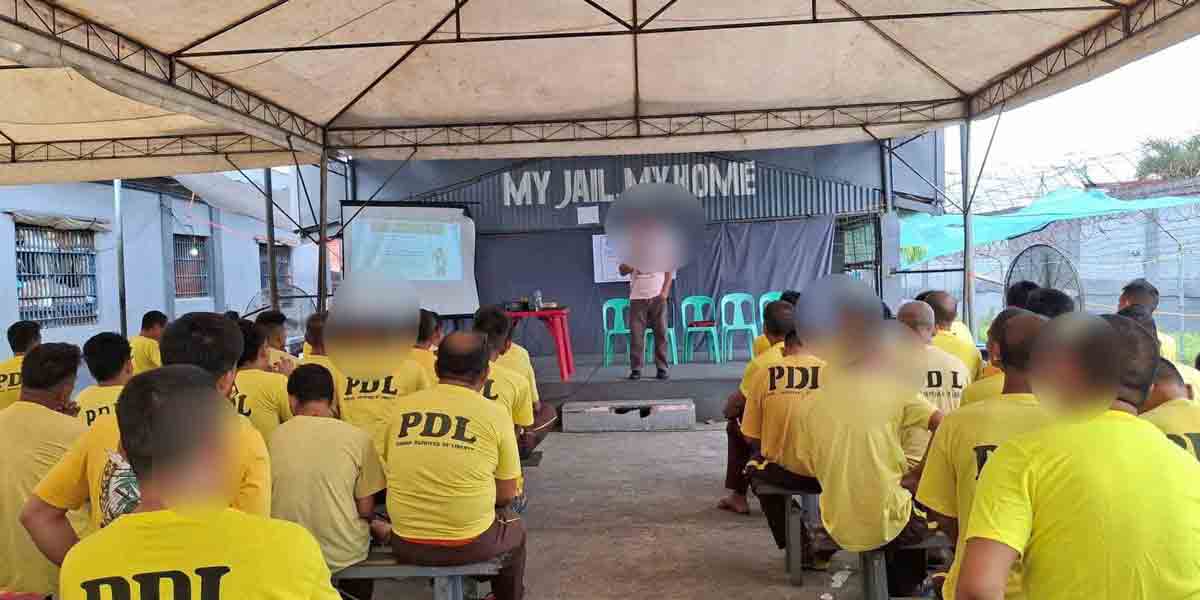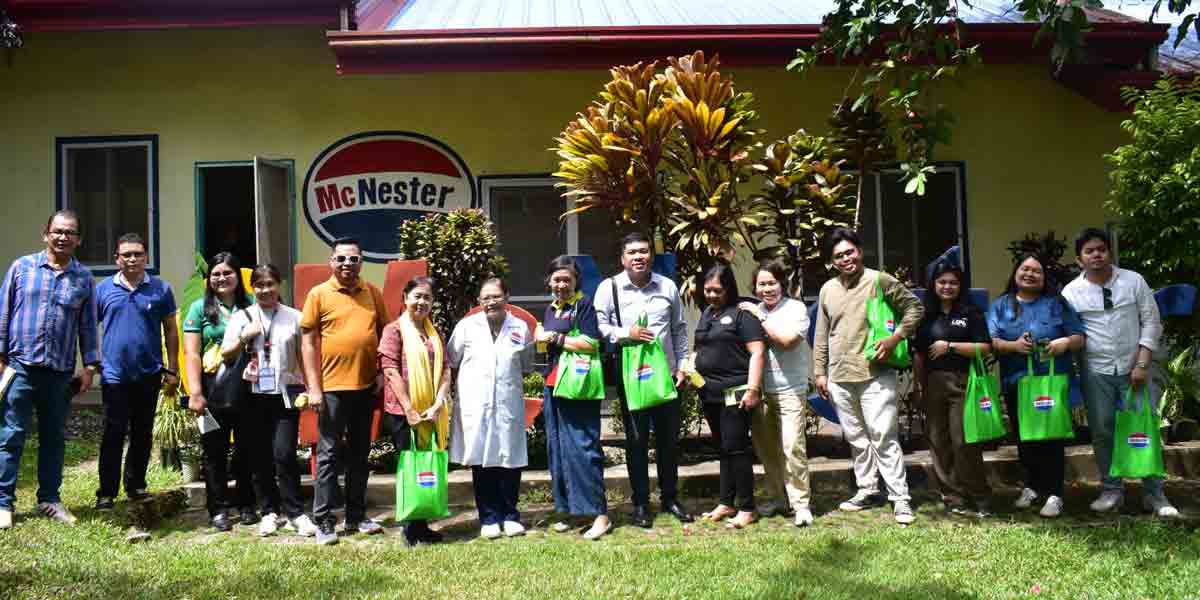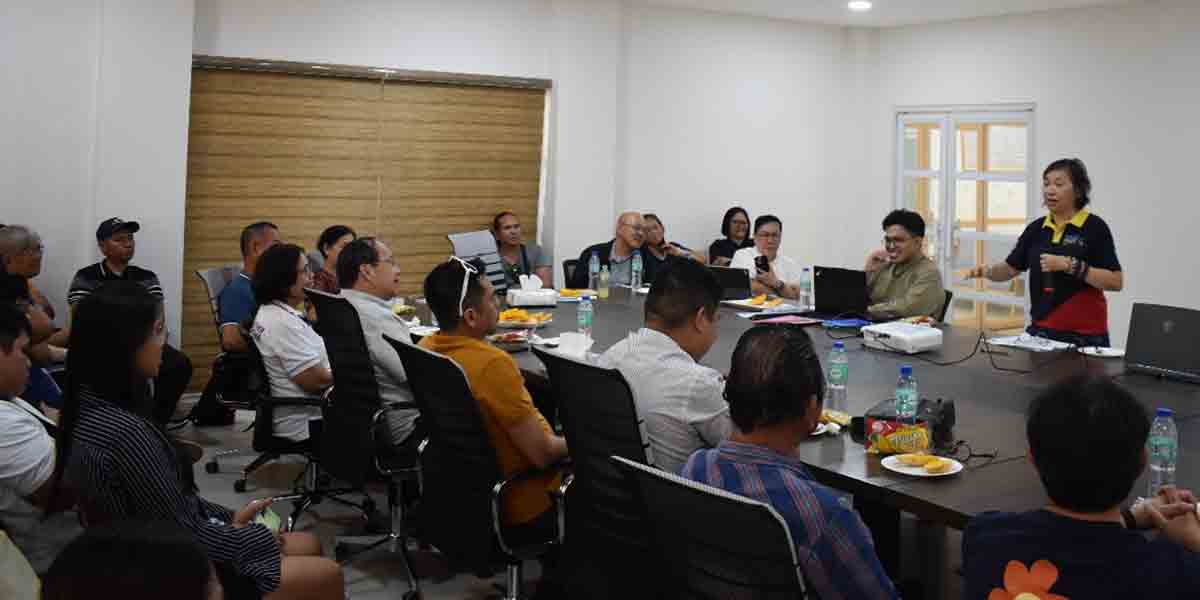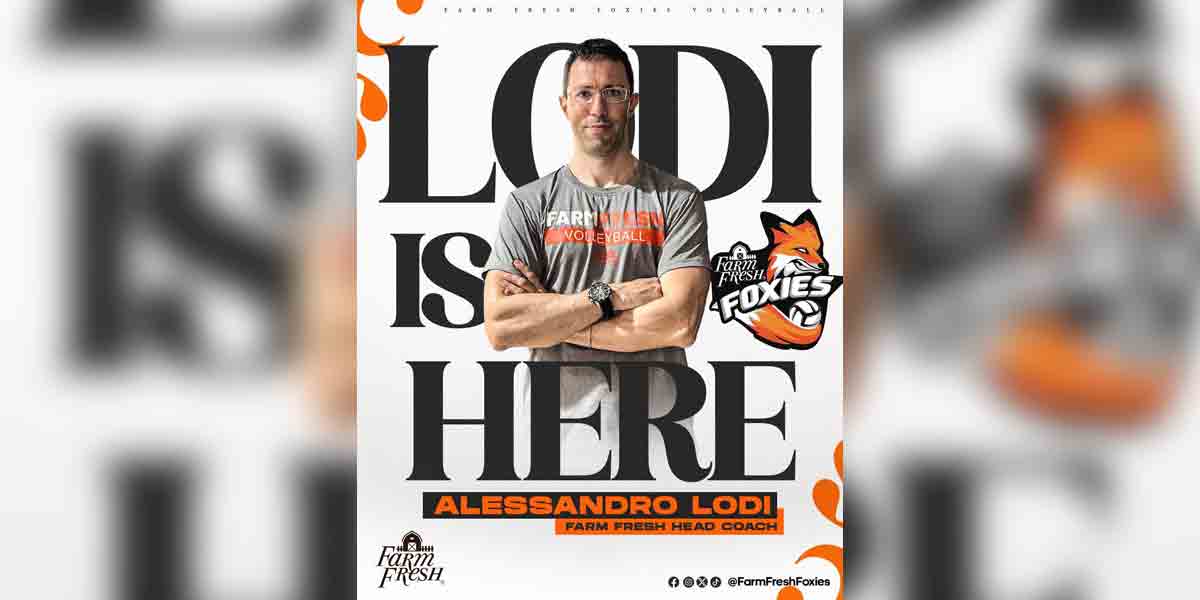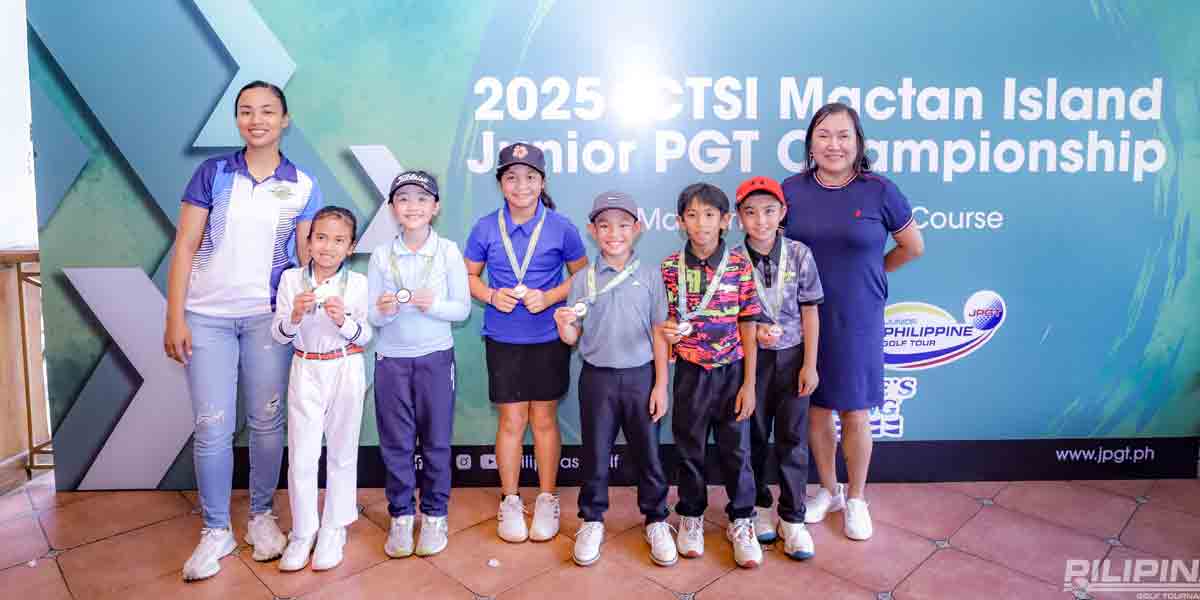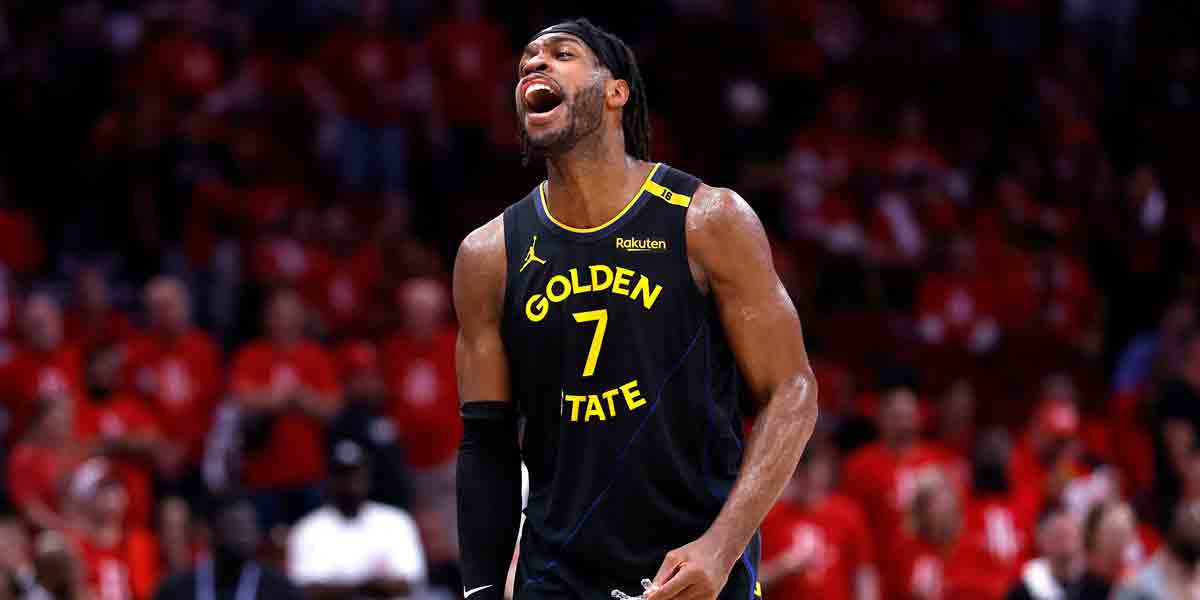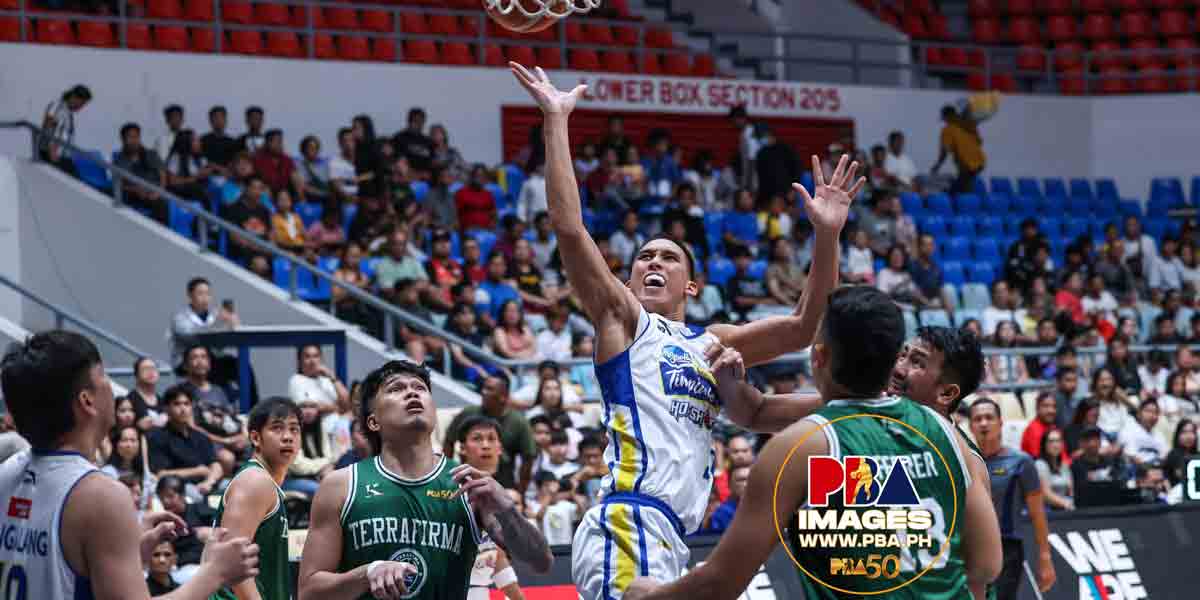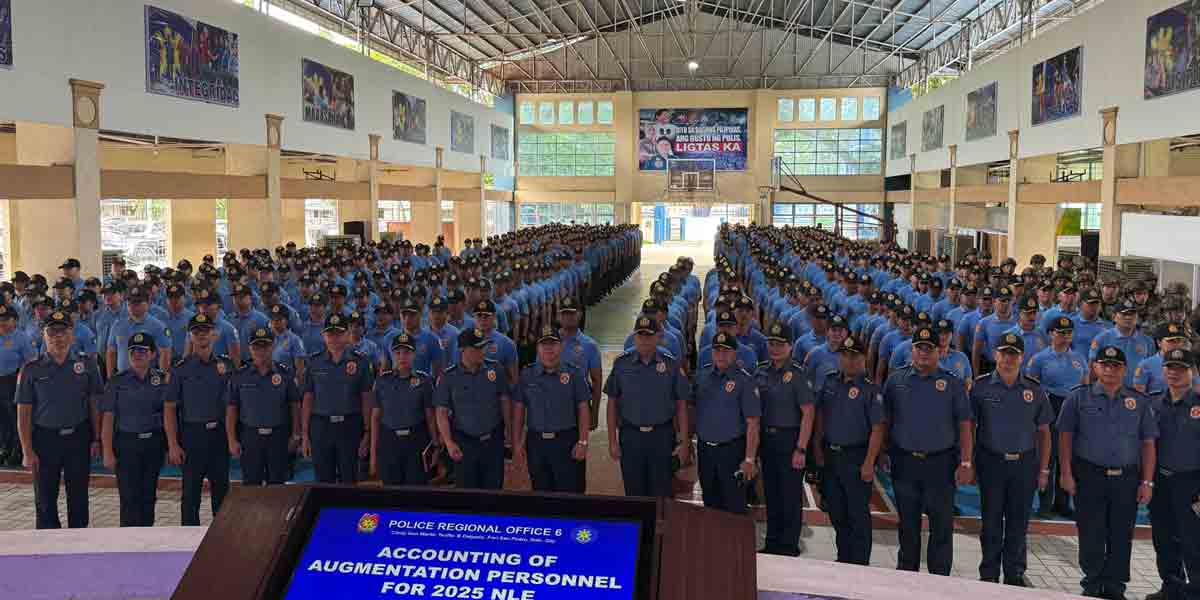By Herman M. Lagon
When Rodrigo Duterte stepped down from Malacañang and Ferdinand Marcos Jr. took over, a profound paradox emerged and shaped the country’s political narrative. The global tendency towards strongman leadership, which frequently muddies the lines between populism, authoritarianism, and democratic values, is reflected in this transition, which is representative of the country’s complicated political dynamics.
Incredibly, Duterte’s administration—known for its savage war on drugs—has maintained decent support ratings at home despite widespread condemnation, here and abroad, of human rights abuses committed by its officials and cohorts. The paradox reveals a fundamental split among Pinoy voters: some want anti-corruption and security measures but are strangely willing to tolerate authoritarian policies that violate human rights and democratic principles.
Our politics are complicated and contradictory, as shown by Duterte’s and Marcos’s administrations’ contrasting geopolitical stances, which pivot for and against China during territorial disputes in the South China Sea and a relationship with the US that fluctuates. There are already enough political contradictions confronting the nation without adding the delicate balancing act of expressing national sovereignty while engaging in pragmatic diplomacy with a growing regional power.
It is already a political conundrum that Marcos Jr., heir to a dictatorship that the People Power Revolution aimed to overthrow, is now Duterte’s successor and has an opposing stance on many issues. It reflects the crystal apparent contradiction in the country that the connection between the two traditional political (trapo!?) and supposedly “unified” camps is so unstable, with former political alliances and dynamics in constant upheaval. Seemingly misinformed individuals sadly see liberal democracies as failing to tackle systemic inequality and corruption, and there is a sense of disappointment with the conventional political class. On the other hand, anti-establishment politicians are often preferred, even if their strategies are reminiscent of previous authoritarian regimes and have yet to prove any lasting merits.
This is the peculiar setting where Vice President Sara Duterte finds herself amid the stormy waters between her dad’s and her erstwhile partner’s factions. The speculation about the Duterte camp’s intentions to depose Marcos’ leadership has only served to heighten the already-present political tensions and cast doubt on the country’s political trajectory. Everyone is watching Sara’s every move in this complex political drama because it can potentially change the course of our politics.
The problem boils down to the choice facing our voters: between the appeal of authoritarian policies and the ideals of representative democracy. Sara’s blatant maneuvering through the political attacks and maneuvers between the Marcos and Duterte camps highlights the electorate’s need to assess their options properly. Concerns have been raised that, despite the glaring incompetence of the present administration, voters may be swayed anew by charismatic or popular (but not necessarily competent nor experienced) figures rather than candidates who have proven trustworthy, committed, and would provide leadership based on core values.
Everyone should take a moment to ponder the Duterte administration’s mistakes and the continuing dynamics under Marcos Jr.’s jetsetting and (so far) lip-serving leadership. This is a chance for people to re-evaluate the ideals and principles that should direct their voting choices, hoping that a renewed dedication to democratic, people-centered, and moral politics will arise.
***
Doc H fondly describes himself as a ‘student of and for life’ who, like many others, aspires to a life-giving and why-driven world that is grounded in social justice and the pursuit of happiness. His views herewith do not necessarily reflect those of the institutions he is employed or connected with.


